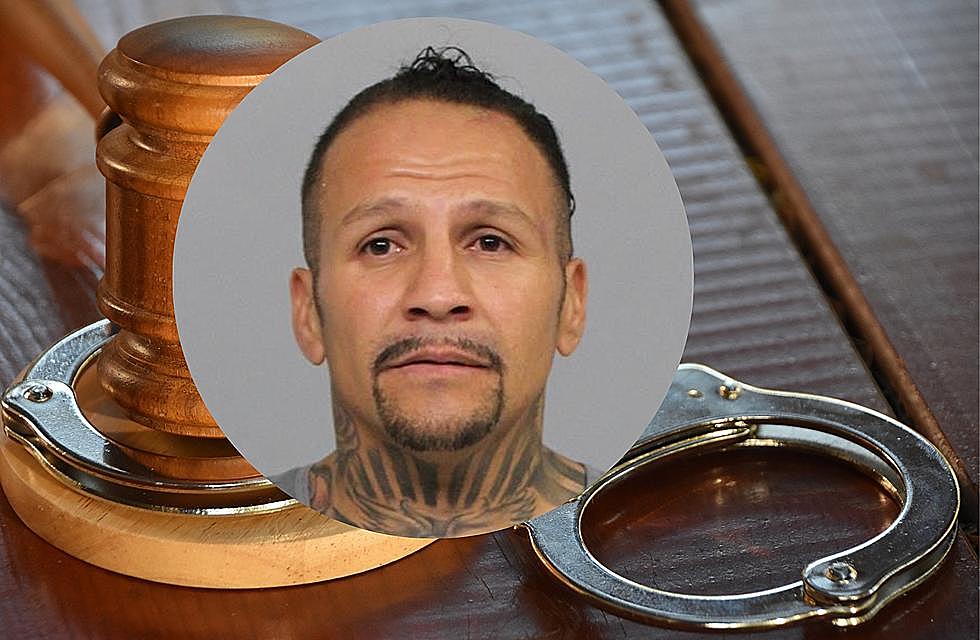
Wyoming Supreme Court Upholds Dismissal of Murder Charge Against Casper Man
A Casper man will not be prosecuted for the shooting death of another man who charged his home in August 2018, the Wyoming Supreme Court unanimously ruled on Monday.
The high court agreed with Natrona County District Court Judge Catherine Wilking, who dismissed the first-degree murder case against Jason T. John in February 2019.
"Viewing the record and the court's findings in the light most favorable to the district court's decision ... we find no error in its conclusion that Mr. John used necessary force," Justice Lynne Boomgaarden wrote in the 21-page opinion.
Wilking, according to the Supreme Court's ruling, said John was in his own home, was not the initial aggressor, had no duty to retreat, that Wesley Willow instigated the violence, and that he believed John needed to use deadly force.
She also wrote that the prosecution had not shown John's use of deadly force was not legally justified.
The case began early Aug. 3, 2018, when John exchanged text messages for about 15 minutes with his ex-girlfriend who was in a relationship with Willow. They and another man were at a local hotel celebrating her birthday.
The texts became more argumentative and vulgar, John called his ex-girlfriend a crackhead and a bad mother, threatened to kill her, and she finally told him to stop.
Willow then texted John and they challenged each other to a fight.
Willow, the ex-girlfriend and the other man drove to John's mobile home in north Casper, parked their car away from the residence, and they approached.
The other man said they heard John and Willow exchange words and then they heard the shots from an assault-style rifle. Two bullets grazed Willow, two hit him, and the rest were fired into his back after he fell.
John was bound over for trial after a preliminary hearing and pleaded not guilty during his arraignment on Sept. 11, 2018.
Wilking conducted an unusual motion hearing after John already had been bound over for trial, and said she did not have much case law to evaluate the stand-your-ground law that went into effect in July 2019.
After her decision, however, she urged the district attorney to take the case to the Supreme Court, which heard the oral arguments in Laramie in October. Before the hearing began, John and his family held hands and prayed.
During that hearing, state public defender Desiree Wilson said John had the right to defend his property and family, and that had immunity from prosecution under the state's new "stand your ground" law that went into effect the month before.
Wilson said not all the facts were presented during John's preliminary hearing, which led to the wrong decision to bind the case over for trial, and that necessitated the need for a separate hearing in district court that resulted in dismissing the case and upholding John's immunity from prosecution.
Wilson responded to the arguments from Wyoming Assistant Attorney Samuel Williams who asserted Wilking did not have the right to conduct the hearing because it violated the separation of powers between the state's executive branch that prosecutes crimes and the judicial branch.
Williams added John was not protected by the new stand your ground law.
The five justices agreed John had immunity under the new "stand your ground" law, that Wilking acted correctly when she held the pretrial motion to dismiss the case after an evidentiary hearing, that she did not err when she granted John's motion to dismiss because he acted correctly under the law and the prosecution failed to make its case.

More From K2 Radio









